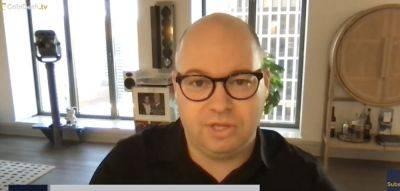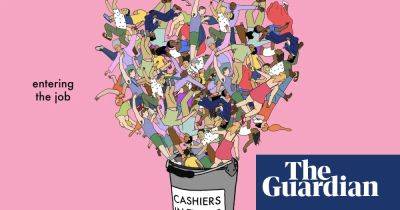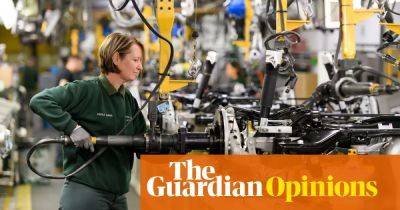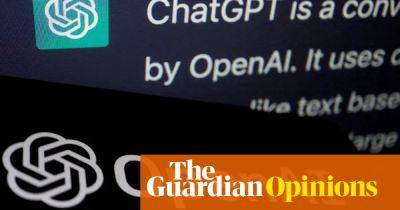AI will take some jobs, but mass unemployment isn’t inevitable
T he staggering recent progress in artificial intelligence (AI) has left many fearing for their jobs. The ominous drumbeats grew louder earlier this month when Geoffrey Hinton, the godfather of AI, resigned from Google and expressed his concerns about the potential of the technology to upend the job market, just as IBM put the brakes on nearly 7,800 jobs that could be replaced by AI and automation over time. Last week, BT announced it would cut up to 55,000 jobs by 2030, with about 10,000 predicted to be replaced by AI.
These announcements are not surprising: if businesses are to survive in our market economy, they must adapt to these technological shifts to remain competitive and profitable.
However, despite the predictions of doom, history offers reasons to be optimistic about AI and its impact on work and employment. Jobs have changed and evolved throughout history, which has resulted in the creation of new professions that were previously inconceivable. For most of the 20th century, typing was seen as a desired and decent job, and typists were in high demand.
As computers grew in popularity and typing got easier, the demand fell away, and the profession nearly became extinct. But, thanks to the same trends, the demand for web designers, graphic designers and copy editors increased. The advent of the computer gave birth to countless sectors and transformed our way of life (mostly) for the better. I believe that AI can repeat this very trick, if we get it right.
What does that look like? For a start, it means understanding which jobs and industries are actually at risk, and how AI will become part of them. AI can automate tasks such as data entry and administrative operations, which puts jobs that involve repetitive data
Read more on theguardian.com

 theguardian.com
theguardian.com
















